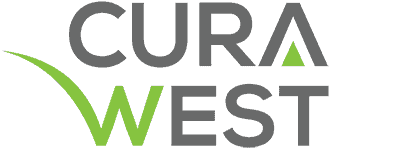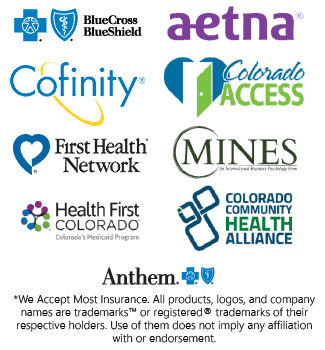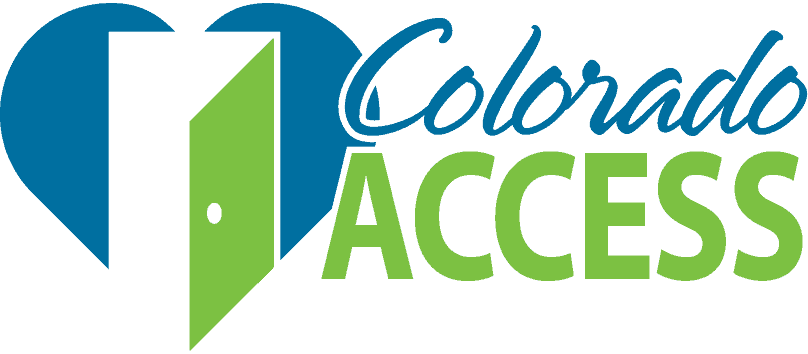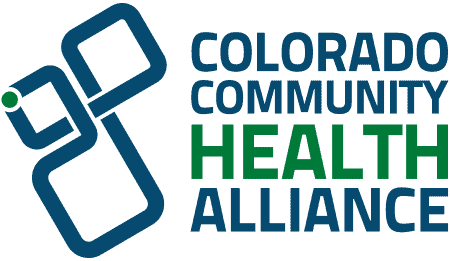Core Components of Family Rehabilitation Programs
While the journey through rehabilitation affects individuals directly, successful treatment programs recognize that addiction impacts the entire family system and incorporate extensive family components as essential elements of recovery. Thorough rehabilitation centers typically structure their family programs around several fundamental elements, including educational workshops that address family dynamics and communication patterns, therapeutic sessions that help identify dysfunctional relationship patterns, and intervention strategies designed to promote healing across age groups.
These programs often integrate multiple therapeutic approaches, such as cognitive-behavioral family therapy, systemic therapy, and psychoeducational groups, which work together to rebuild trust, establish healthy boundaries, and develop coping mechanisms. Treatment centers also emphasize the importance of ongoing support through family counseling sessions, where members can process their experiences and learn practical tools for supporting their loved one’s recovery journey.
Benefits of Family Involvement in Recovery
Research consistently demonstrates that active family participation in the rehabilitation process yields significant positive results for both the individual in recovery and their support system.
When families engage in the recovery journey, they provide essential emotional support while developing enhanced communication skills that foster healing and understanding. Family involvement creates a more stable environment for recovery, as loved ones learn to recognize triggers, establish healthy boundaries, and implement effective coping strategies. Additionally, participating family members gain valuable insights into addiction dynamics, trauma responses, and behavioral patterns, enabling them to better support their loved one’s sobriety journey.
The benefits extend beyond the recovery period, as improved family relationships and strengthened support systems contribute to decreased relapse frequencies and sustained long-term recovery results. This collaborative approach helps rebuild trust, restore damaged relationships, and create a foundation for lasting healing.
Types of Family Therapy and Support Services
Modern rehabilitation centers offer diverse family therapy modalities and support services that address the complex dynamics of addiction recovery through systematic, evidence-based approaches. These programs typically include multi-family group therapy sessions, where families share experiences and learn from one another, alongside individual family counseling that focuses on specific family dynamics and relationship patterns.
Therapeutic techniques commonly employed include behavioral family therapy, which addresses destructive patterns of interaction, and structural family therapy, which examines and reorganizes family hierarchies and boundaries. Additionally, centers provide psychoeducational workshops, teaching families about addiction’s biological and psychological components, while offering specialized support groups for children, siblings, and parents. Some facilities also incorporate experiential therapy methods, such as role-playing exercises and art therapy, to help families process emotions and develop healthier communication strategies.

















